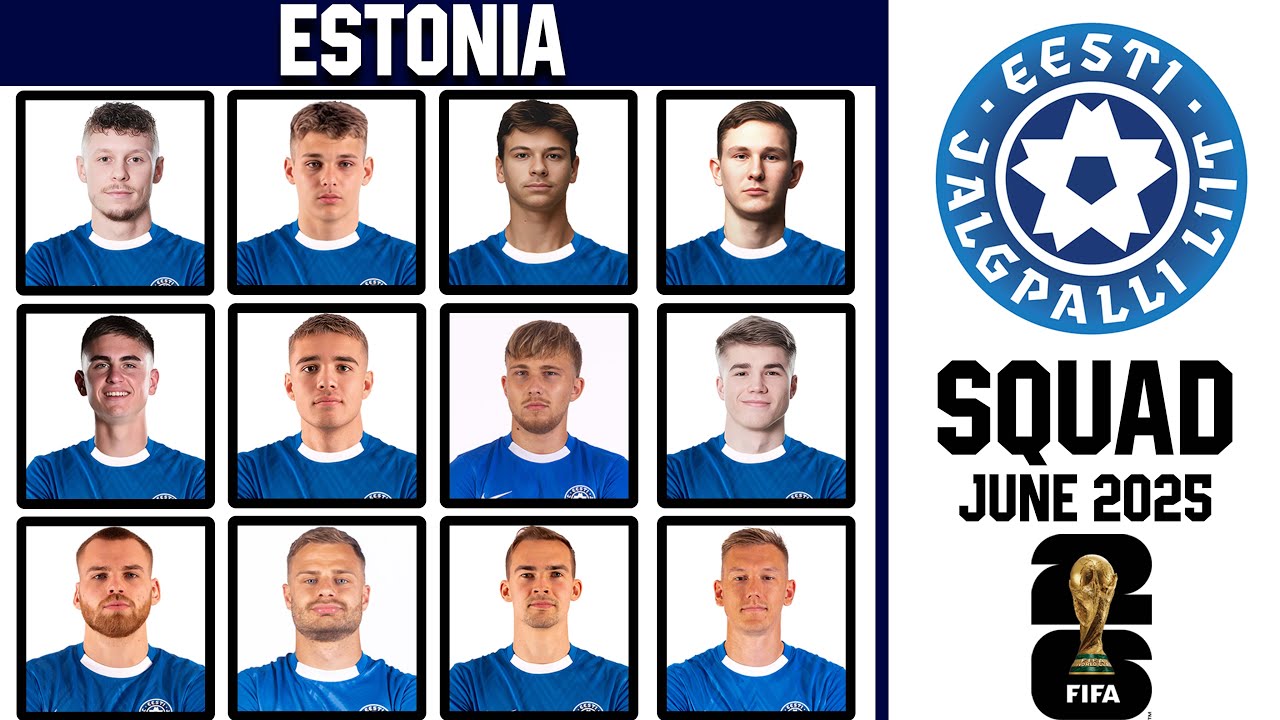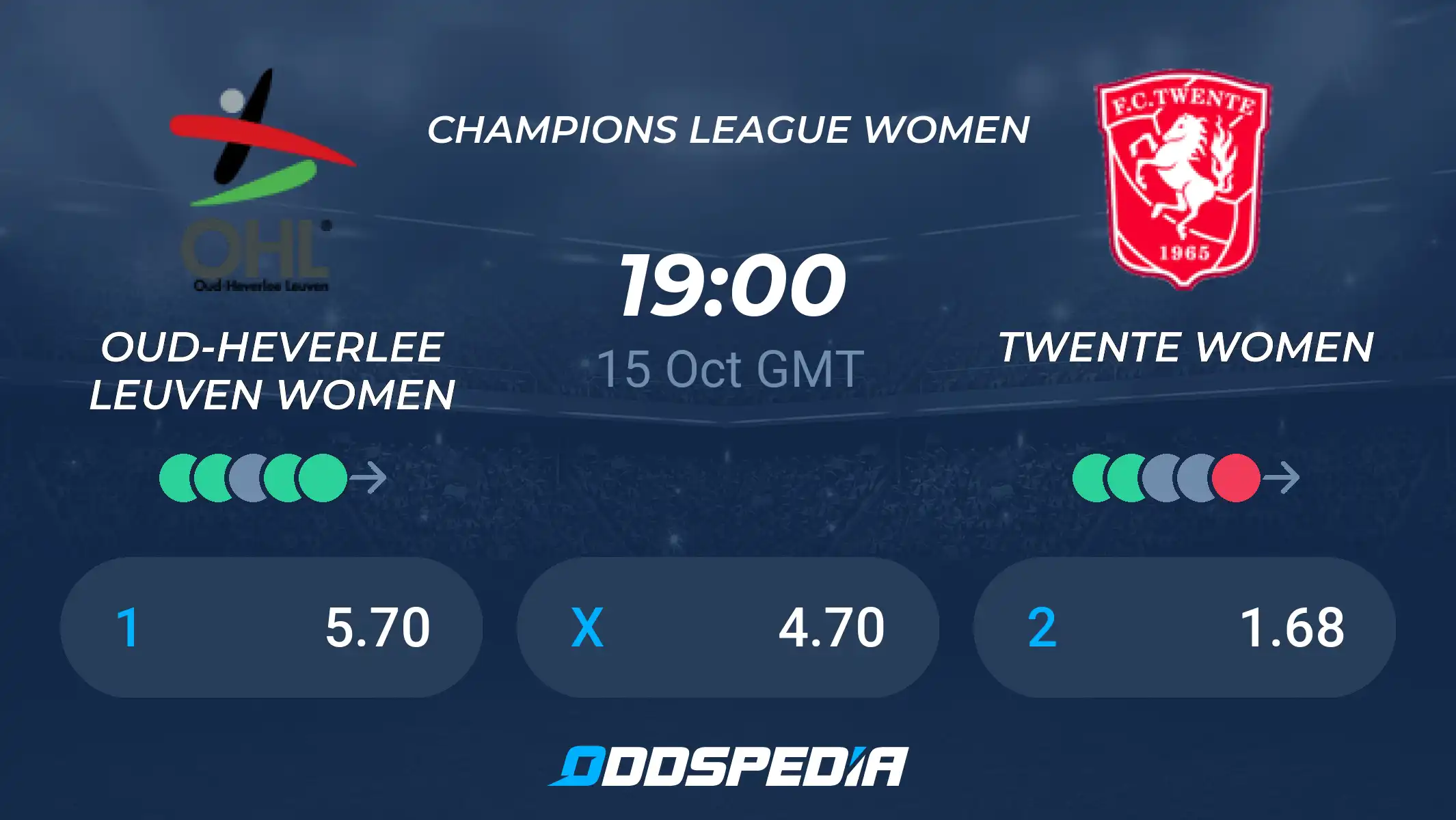Introduction
The Estonia national football team represents Estonia in international football and is governed by the Estonian Football Association. Although it may not be one of the most recognized teams in Europe, the team’s evolution over the years highlights the growing interest and development of football in Estonia. With efforts to enhance performance and visibility, the team’s significance cannot be overstated, especially as they prepare for upcoming European qualification matches.
Historical Context
Estonia’s national team was founded in 1920, making its international debut that same year against Finland. However, it was not until the early 1990s, following Estonia’s independence from the Soviet Union, that the team began to compete more regularly on the international stage. Their first competitive match post-independence came in 1992 during the UEFA European Championship qualifying rounds. Although the team faced significant challenges initially, including a lack of resources and experience, it began to gradually improve over the years.
Recent Performance and Achievements
In recent years, Estonia has made strides in its footballing capabilities, with a series of commendable performances. One of the most notable achievements was qualifying for the UEFA European Championship playoffs in 2012. While they ultimately did not reach the tournament, their playoff run showcased the potential within the team. The Estonian squad has included several players who have made significant impacts both domestically and internationally, gaining experience in various European leagues.
Current Squad and Development
As of 2023, the Estonia national football team features a mix of seasoned veterans and up-and-coming players, all under the guidance of their head coach. The current squad is a reflection of the national strategy to promote youth players and enhance overall team dynamics. Players like Konstantin Vassiljev and Mattias Käit have been crucial to the team’s strategies, providing much-needed experience and skill on the pitch.
Conclusion and Future Prospects
Looking ahead, the Estonia national football team aims to enhance its standings in European football by focusing on continuous development through local leagues and youth academies. Recent assessments from sports analysts suggest that if the current developmental strategy is maintained, the team might be able to secure qualification for future international tournaments, increasing its reputation on the continental stage. With a growing fan base, the team’s journey will continue to captivate many football enthusiasts and contribute to the pride of Estonian sports.


